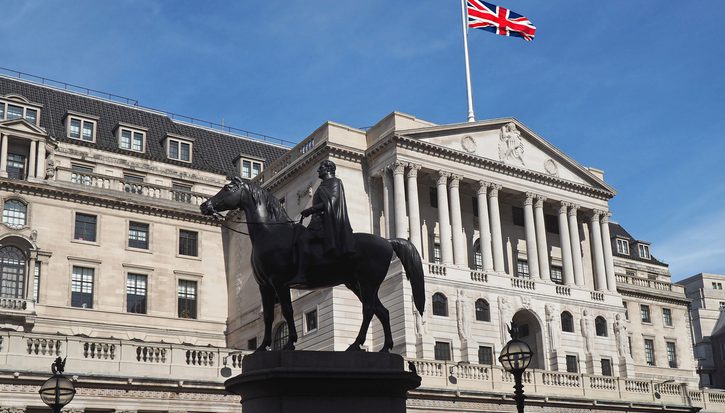From Public Service Broadcasting to Public Service Communication
Article
Public service broadcasting must change if it is to survive. The licensing and funding arrangements that support it are challenged by long-term technical and market changes including the proliferation of channels and services, the rise of new interactive services, and the shift away from mass access to niche services and alternative platforms for content delivery. Although in the short term UK public service broadcasters are in a state of rude health, they neglect these longer-term challenges at their peril.
'We are beginning a debate on the future of the BBC prior to charter renewal in 2006. But the debate involves much more than just the BBC. It is one which will fundamentally shape the future of public culture in this country. This publication sets its terms of reference. It is wide ranging and provocative and it should be widely and intelligently read.' - Prof Roger Silverstone, Director of Media, London School of Economics
'We have an exciting but daunting agenda for broadcasting ... I am sure that the contributions in this book will provide many of the tools and much of the evidence we need to master that agenda and ... perhaps even begin to come up with the answers.' - from the preface by Mark Thompson, Chief Executive Channel 4
Related items

Taken to heart: Inequalities in heart disease in Scotland
More than 7.6 million people across the UK live with cardiovascular disease (CVD), around twice as many as live with Alzheimer’s disease and cancer combined.
Skills passports: An essential part of a fair transition
This month, government will publish its Clean Energy Workforce Strategy. This plan covers two aims. First, filling the growing demand for skills in clean energy industries is essential to keep on track to reach the government’s clean power…
Fixing the leak: How to end the £22 billion annual taxpayer losses at the Bank of England
The Bank of England increased its interest rates over recent years, aimed at reducing inflation. But this has also had an unintended effect on the Bank of England’s massive government bond buying – ‘quantitative easing’ – programme.